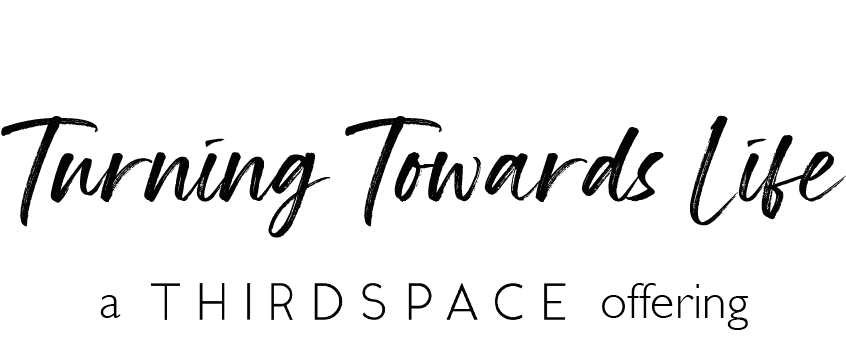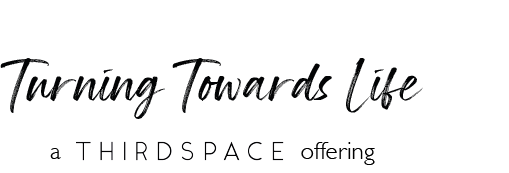We Are Time, Episode 271
What if our attempts to 'manage time' and to somehow escape the constraints (and possibilities) of time always, in the end, disappoint us because in some way we 'are time'?
Saying that we are time begins to turn our experience of time inside out and upside down. It offers us the profound possibility that the inevitable passage of time is more an 'unfolding' than a 'passing', or maybe even a 'spiralling' or 'returning again and again'. We are time because we are always becoming something new and always making ourselves, even when we feel like we don't have enough of it (or perhaps when, in boredom, we feel like we have too much of it).
If we 'are' time, we open the possibility that we might cherish time, be intimate with time, get to know time like we would get to know ourselves or a lover. Because time, in this way of taking, becomes our most intimate companion, as intimate as the vein on our neck or the skin on the back of our hands.
This week's Turning Towards Life is hosted as always by Lizzie Winn and Justin Wise of Thirdspace.
Here's our source for this week:
We Are Time
Because you can't dictate, or even accurately predict, so much of what happens with the finite portion of time you do get [to live], you'll never feel that you're securely in charge of events, immune from suffering, primed and ready for whatever comes down the pike.
The deeper truth behind all this is to be found in Heidegger's mysterious suggestion that we don't get or have time at all - that instead we are time. We'll never get the upper hand in our relationship with the moments of our lives because we are nothing but those moments. To 'master' them would first entail getting outside of them, splitting off from them. But where would we go? 'Time is the substance I am made of,' writes Jean Luis Borges. 'Time is a river that sweeps me along, but I am the river; it is a tiger which destroys me, but I am the tiger; it is a fire which consumes me, but I am the fire'.
There's no scrambling up to the safety of the riverbank when the river is you. And so insecurity and vulnerability are the default state - because in each of the moments that you inescapably are, anything could happen, from an urgent email that scuppers your plans for the morning to a bereavement that shakes your world to its foundations.
Oliver Burkeman, from 'Four Thousand Weeks'
Photo by Jonas Gerg on Unsplash

